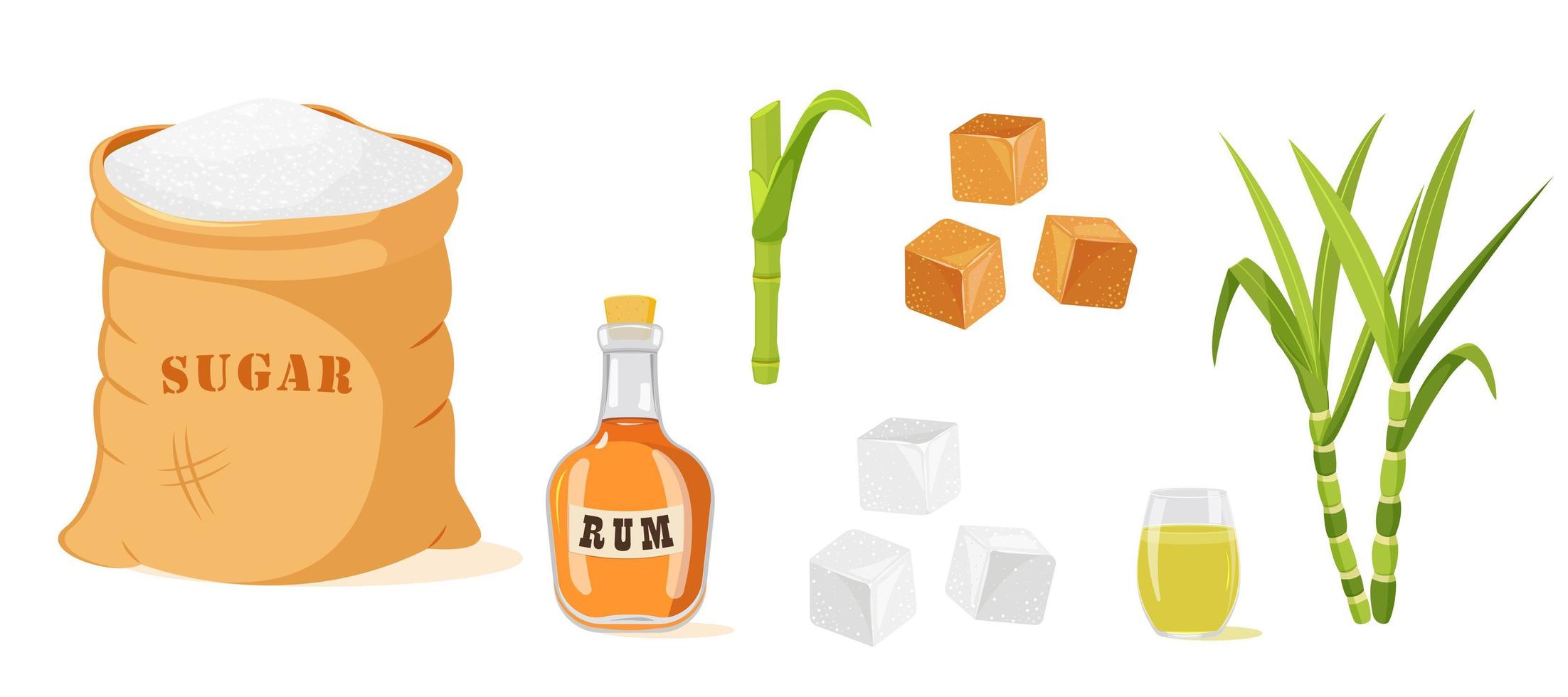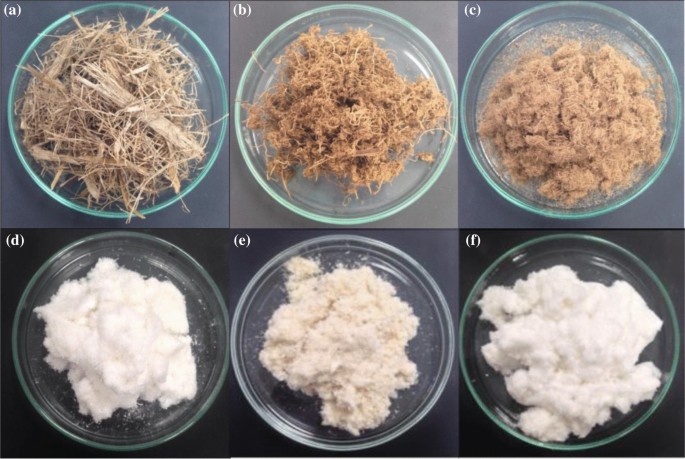Sugarcane Product: A Natural Sweetener for Fit Individuals
Sugarcane Product: A Natural Sweetener for Fit Individuals
Blog Article
Sustainable Sugarcane Products: From Sweeteners to Eco-Friendly Item
The possibility of lasting sugarcane products extends beyond traditional sugar to incorporate a series of green products, providing a compelling case for their assimilation right into contemporary consumer techniques - sugarcane product. As the globe grapples with pressing ecological problems, sugarcane becomes a versatile source with the ability of dealing with both dietary demands and sustainability objectives. This discussion will certainly discover exactly how developments in sugarcane cultivation and handling can result in significant innovations in naturally degradable packaging and eco-conscious fabrics. What ramifications might these developments have for future customer options and ecological effect?
Overview of Sugarcane Sustainability
As the need for eco-friendly items grows, comprehending sugarcane sustainability becomes progressively crucial. Sugarcane, a flexible plant, is grown primarily in exotic and subtropical regions, and its sustainability is vital for both environmental health and wellness and financial stability. Sustainable sugarcane farming practices concentrate on reducing environmental impact while optimizing productivity and success.
Trick elements of sugarcane sustainability include reliable land use, reduced chemical input, and boosted water administration. Practices such as crop rotation, integrated bug management, and organic fertilizing contribute to dirt health and wellness and biodiversity. In addition, innovative innovations, such as precision farming, aid enhance resource use and minimize waste.
Furthermore, sugarcane is a renewable energy, with by-products that can be utilized in different markets, from biofuels to naturally degradable plastics, consequently minimizing dependence on nonrenewable fuel sources and diminishing carbon impacts. Qualifications like the Bonsucro standard motivate lasting practices throughout the supply chain, advertising transparency and responsibility.

Sugarcane-Based Sugar
Utilizing sugarcane as a primary resource, sugarcane-based sweeteners have gained prestige as natural choices to man-made sugar and polished sugars (sugarcane product). These sugar, acquired from the extraction and handling of sugarcane juice, offer a variety of products that deal with diverse customer choices, consisting of organic and minimally processed options
Raw cane sugar retains more of the all-natural tastes and nutrients located in sugarcane, making it a favored choice for health-conscious customers. Panela, a conventional Latin American sugar, is generated by vaporizing sugarcane juice, preserving its all-natural minerals and vitamins.
The expanding demand for sugarcane-based sugar is driven by enhancing recognition of health and sustainability problems connected with standard sugar. By selecting sugarcane-derived items, customers not just support sustainable farming practices however also add to a much healthier way of living, aligning their dietary selections with their environmental worths.
Biodegradable Product Packaging Solutions
Arising as a sensible choice to traditional plastics, biodegradable product packaging remedies originated from sugarcane are transforming the product packaging industry. These innovative materials supply an eco friendly alternative that deals with the growing issues over plastic pollution. Utilizing the natural sugars found in sugarcane, producers are creating different forms of eco-friendly product packaging, consisting of movies, containers, and wraps that break down more quickly than typical plastics.
The primary benefits of sugarcane-based packaging hinge on its sustainable sourcing and its capacity to damage down into non-toxic byproducts. Unlike fossil fuel-derived plastics, which can continue the setting for hundreds of years, sugarcane product packaging generally decomposes within a few months under proper conditions. This reduction in waste not just alleviates garbage dump overflow but also reduces the carbon footprint related to packaging materials.
Additionally, sugarcane-derived packaging maintains robust efficiency qualities, offering comparable durability and performance to conventional alternatives. As organizations and consumers increasingly prioritize sustainability, the fostering of naturally degradable packaging options stands for a significant action in the direction of a circular economy, where products are recycled and regenerated instead of discarded. This shift not only enhances brand name image yet likewise adds to an extra lasting future for the planet.
Eco-Friendly Textiles and Fabrics
Environment-friendly fabrics and textiles are read this article obtaining traction in the style and home goods sectors as consumers increasingly demand lasting choices to conventional materials. Amongst the notable options are fabrics derived from sugarcane, which use an environmentally accountable choice to synthetic fibers. These textiles are produced through a procedure that uses the renewable sources discovered in sugarcane, dramatically lowering reliance on petroleum-based materials.

As the market for lasting textiles increases, consumers can look forward to cutting-edge designs that combine style with eco-friendly obligation. Ultimately, environment-friendly fabrics and materials stand for a significant step my latest blog post towards decreasing the style sector's environmental impact while providing to the growing need for responsible customer selections.
Advancements in Lasting Farming
Revolutionizing agricultural methods, developments in lasting farming are transforming the method plants are grown and managed. These advancements focus on reducing ecological impact while making the most of performance and performance.

Additionally, agroecology, which incorporates ecological principles into farming, advertises biodiversity and soil health. Practices such as plant rotation, cover cropping, and intercropping foster resistant ecological communities that can withstand bugs and climate variations - sugarcane product. In addition, using natural plant foods and biopesticides adds to healthier dirts and communities

With each other, these technologies are not just reshaping the agricultural landscape however also contributing to a more lasting future for sugarcane and other plants, lining up agricultural exercise with ecological stewardship.
Verdict
Sustainable sugarcane items stand for a considerable improvement in green options, extending from all-natural sugar to naturally degradable products. As customer preferences increasingly lean in the direction of lasting alternatives, the convenience of sugarcane as a sustainable resource ends up being progressively relevant.
The potential of sustainable sugarcane products click resources extends beyond conventional sweeteners to encompass an array of environmentally friendly goods, offering a compelling case for their integration into contemporary customer methods. Sustainable sugarcane farming techniques focus on lessening environmental impact while taking full advantage of efficiency and earnings.
Lasting sugarcane items stand for a substantial development in green options, extending from all-natural sugar to naturally degradable goods. The growing of sugarcane through sustainable practices not just improves environmental health yet also contributes to economic feasibility. As customer preferences progressively lean towards sustainable alternatives, the adaptability of sugarcane as a renewable resource ends up being significantly appropriate.
Report this page